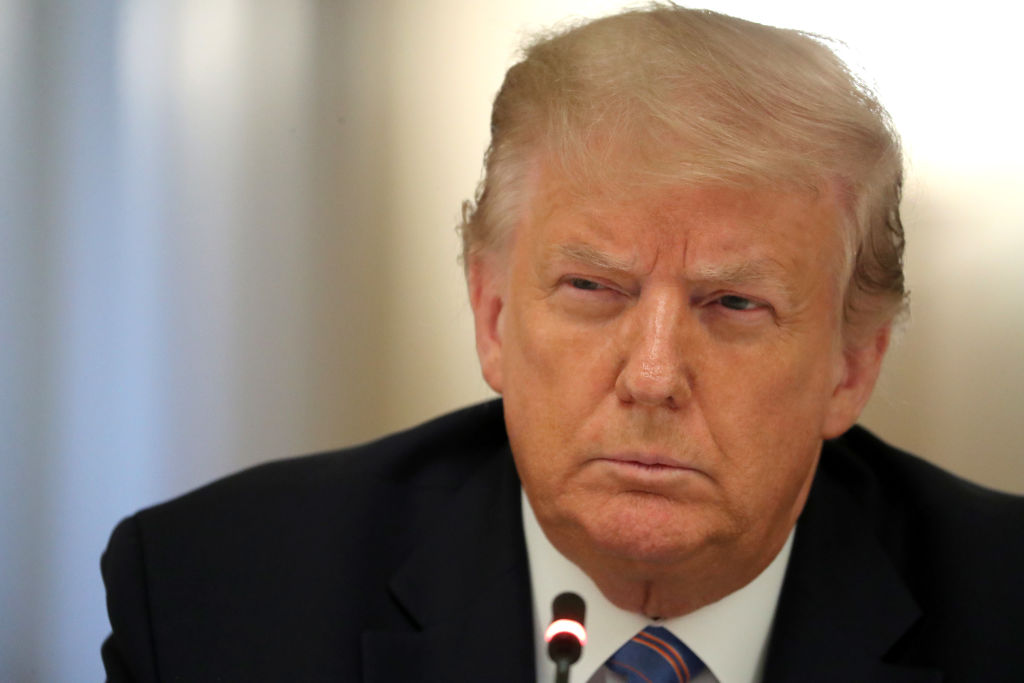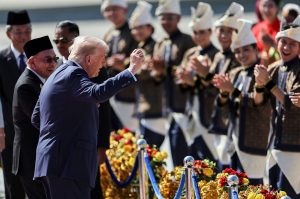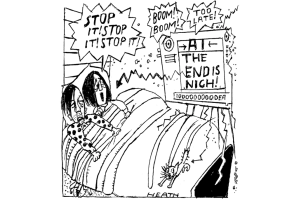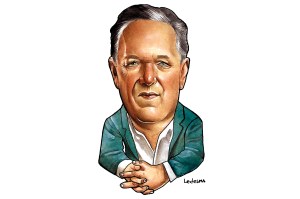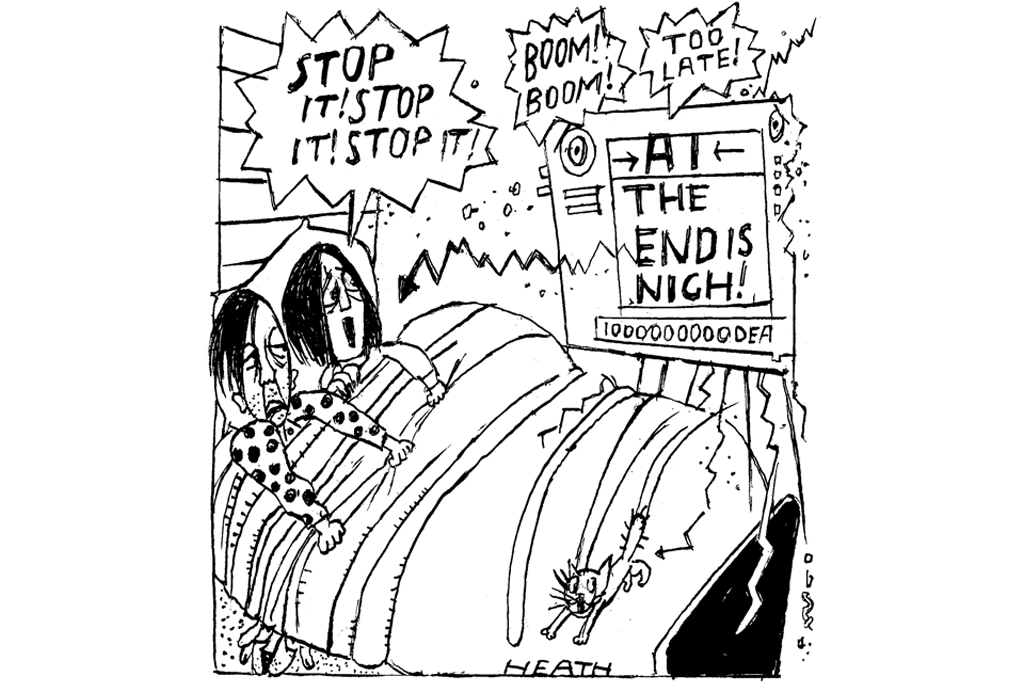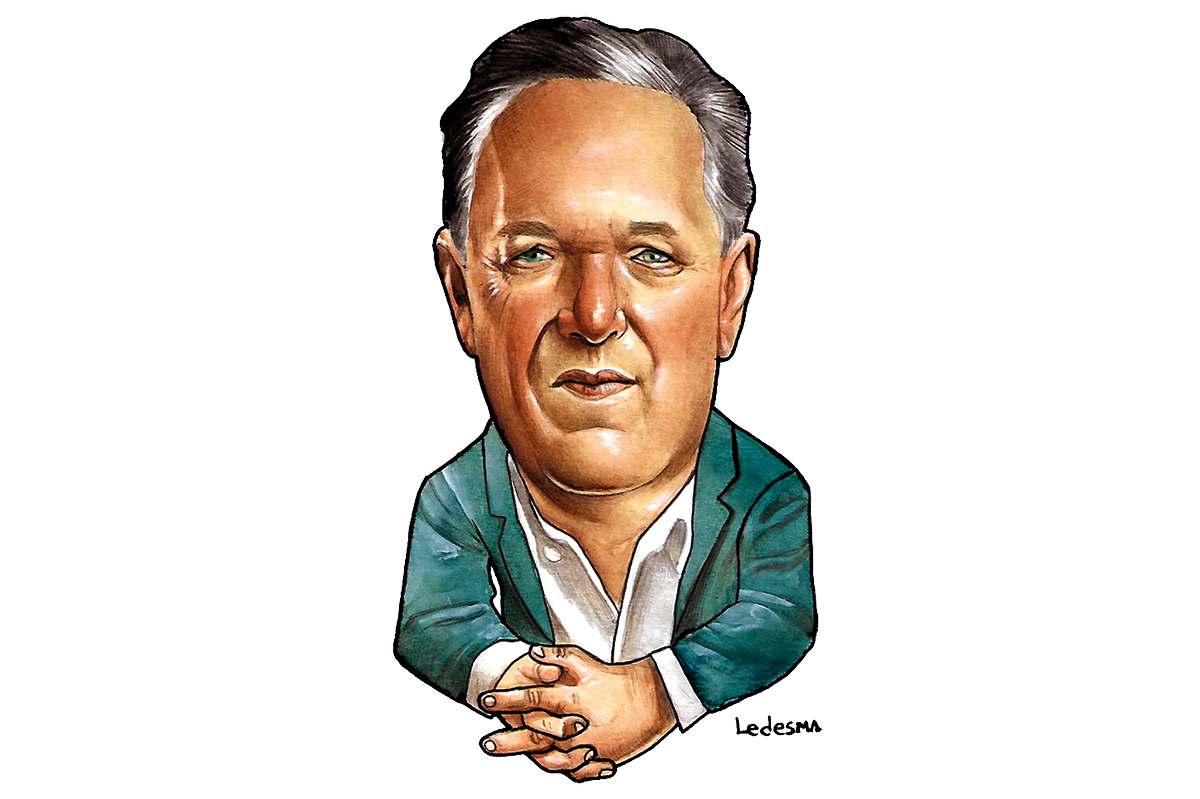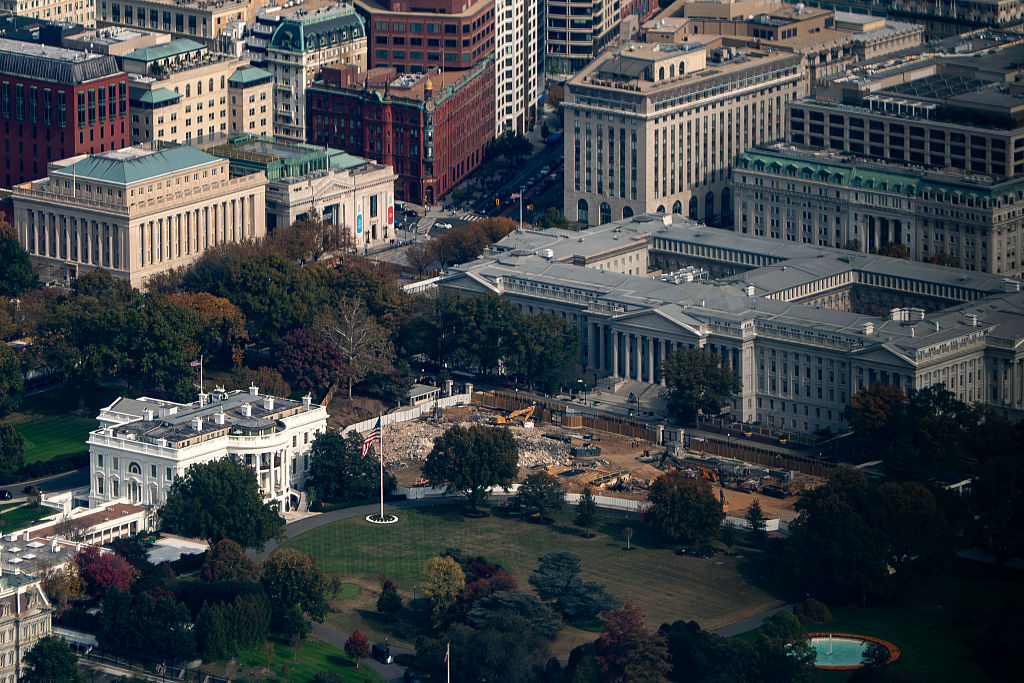Who knew that the most prominent NeverTrumper would be a member of the Trump family? Mary Trump is Donald’s niece and bears the same name as his mother. She has a PhD in clinical psychology and is now the author of a book called Too Much and Never Enough, an unsparing look at her uncle that does not shrink, as it were, from putting him on the couch.
The Amazon bestseller has spun up the president; he is getting his minions to denounce it and is promoting cancel culture by suing to prevent it from being read by the masses. White House spokesman Kayleigh McEnany noted that she had not seen it but went on to declare that Mary’s maiden effort was a ‘book of falsehoods’ brimming with ‘absurd allegations’. Expect similar fulgurations when a tell-all about Melania appears from her former confidant Stephanie Winston Wolkoff, which, if I had to wager, may be even more of a bombshell than Mary’s book.
At the center of Too Much and Never Enough looms Fred Trump, the family patriarch whom Mary depicts as a ‘high-functioning sociopath’. He proclaimed that in life ‘there can only be one winner and everybody else is a loser’. When Fred Jr. was suffering from a cardiac condition, Mary claims, the Trump family declined to summon medical attention for a week.
The truth is that the behaviors she describes sound like they are rooted in the Trump family’s heritage as Bavarians, possibly with a dash of their Prussian rulers’ steel—a distinct lack of sentimentality, ruthless striving and rigid inflexibility. Add in a very personal dose of opportunism — 16-year-old Freddy Trump didn’t bother trying to claim bone spurs in 1885, but adopted the more elaborate expedient of dodging service in the German Imperial Army by decamping for America—and you have a family eager to draw on traits that can carry you a long way. In the case of Donald Trump, they carried him very far indeed. Mary, however, finds this way of approaching the world distasteful. She observes, ‘By limiting Donald’s access to his own feelings and rendering many of them unacceptable, Fred perverted his son’s perception of the world and damaged his ability to live in it.’ That’s one way of looking at it. Another is that Trump was merely prepped for battle in the seamy New York real estate world.
Karen Tumulty notes in the Washington Post, ‘We expect our presidents to be father figures, but our history is replete with examples of how they themselves never really escape the shadows of their own. Some of them — John F. Kennedy comes to mind — were carrying out the ambitions of fathers who were overbearing and controlling.’ Kennedy, though, made a break from his father, who had been Franklin Roosevelt’s ambassador to Great Britain and a prominent proponent of appeasement toward Nazi Germany. Trump, by contrast, remains a living repository of his father’s attitudes.
[special_offer]
Mary’s book is unlikely to shift Trump’s political fortunes. But her book does whack away at the mythology that he tried to construct around himself. She explains, more than anyone else, his need for fawning flattery, noting ‘His deep-seated insecurities have created in him a black hole of need that constantly requires the light of compliments that disappears as soon as he’s soaked it in.’ But far from basking in approval, Trump is finding that the blows keep coming. The Republican convention in Jacksonville looks iffier by the day as the major networks announce that they won’t even cover it. Arizona is turning into Joe Biden territory. Rapper Kanye West announced his defection from the MAGA-verse on Wednesday, observing, ‘It looks like one big mess to me. I don’t like that I caught wind that he hid in the bunker.’ As Trump’s chances for reelection fade, he’s discovering that he can’t go West — or much of anywhere else — for applause.



